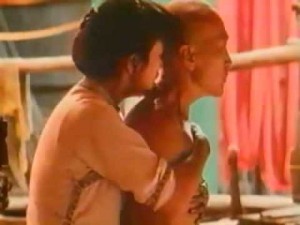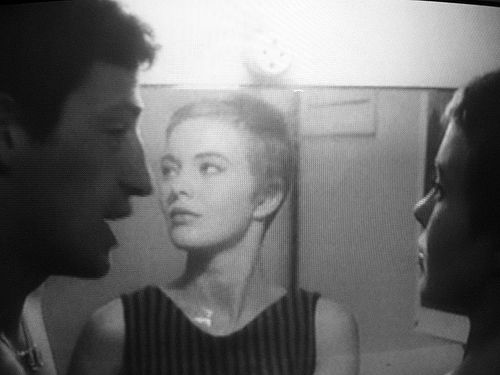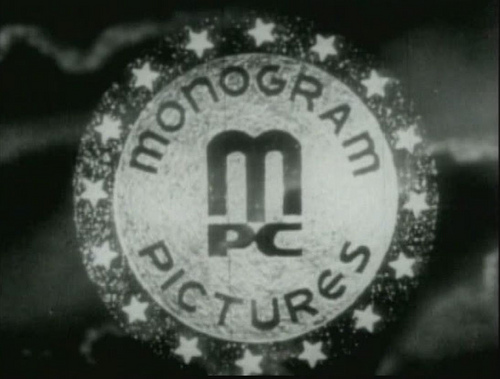From the Chicago Reader (April 19, 1991).
JU DOU
*** (A must-see)
Directed by Zhang Yimou, in collaboration with Yang Fengliang
Written by Liu Heng
With Gong Li, Li Baotian, Li Wei, Zhang Yi, and Zheng Jian.

Like most people reading this, I know next to nothing about the history of China, which is thousands of years older than the U.S. and has a population over four times as large. In high school I was required to take courses in Alabama and American history; world history was an elective, but if that course had anything to do with China, I no longer recall any details. I also managed to get through seven years of college and graduate school without further edification on the subject.
I suspect that most people in China are comparably uninformed about the U.S. When my youngest brother was in Kenya in the late 60s, he spent time conversing with some Red Guard members who were stationed there, and used to have friendly arguments with them about where Coca-Cola, which they liked, came from; they were convinced it was a product of Kenya. It was difficult for them to accept that anything they liked came from the U.S., Read more
From The Financial Times (Friday, July 2, 1976). This was the second and last time that I took over Nigel Andrews’ weekly film column while he away. — J.R.
Bambi (U)
Odeon, St. Martin’s Lane
Lifeguard (AA)
Ritz
When the Leaves Fall
National Film Theatre

Thirty-four years have passed since Walt Disney’s Bambi first hit the screen. Yet barring only its quaintly dated musical score – six unremarkable tunes by Frank Churchill and Edward Plumb that are well below the usual Disney standard – an unsuspecting child who can’t read Roman numerals might assume that it was made yesterday. It is no small irony that a movie only slightly more than half as old, Silk Stockings (1957), gets treated like a museum piece worthy of nostalgia in the recent That’s Entertainment Part II, while this animated feature gets born afresh for each new generation – not so much like a phoenix rising out of its ashes as like a display of calendar art circulated periodically, with only the dates changing. Read more
Written in 2007 for Criterion, as the commentary for a DVD extra. — J.R.

“As a critic, I already thought of myself as a filmmaker” Godard said in 1962. “Today I still consider myself a critic, and in a sense, I’m even more of one than before. Instead of criticism, I make a film, but that includes a critical dimension. I consider myself an essayist, producing essays in the form of novels or novels in the form of essays: only instead of writing, I film them.”
Three years before he said this, Godard made the first shot in his first feature, appearing just before the title, the explicit declaration of a film critic: “This film is dedicated to Monogram Pictures.”

Why Monogram? Godard never reviewed anything from that studio, which lasted from 1931 to 1953 and mainly produced cheap westerns and series like the Bowery Boys. But shooting on the fly and without sync sound, he wanted to express an alliance to an aesthetic related to impoverished budgets. So this wasn’t any sort of fan’s homage, as it would have been if it had come from one of the American movie brats; it was a critical statement of aims and boundaries. Read more




